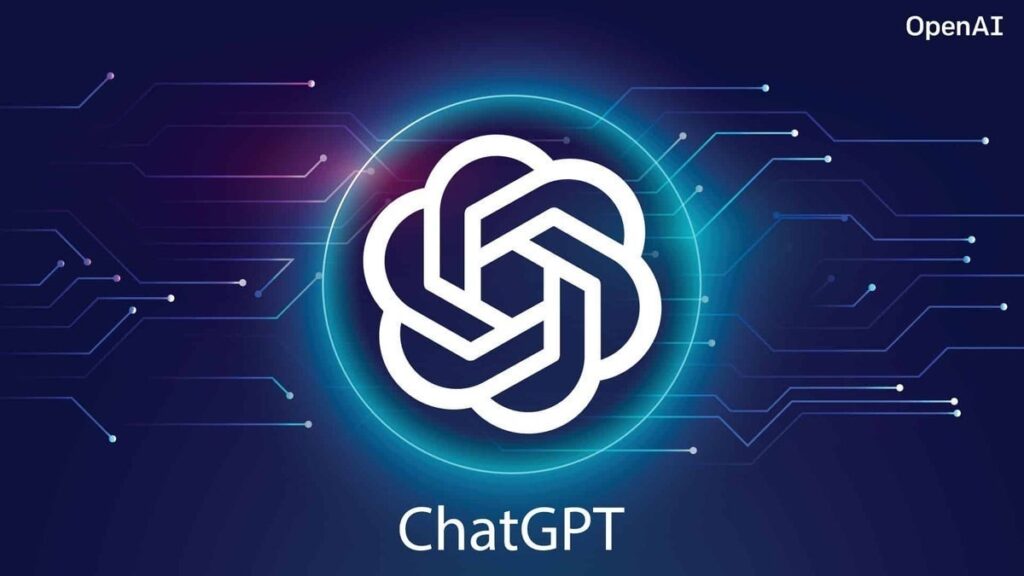Encode, a nonprofit organization that previously backed California’s SB 1047 AI safety legislation, has requested court approval to file an amicus brief supporting Elon Musk’s effort to stop OpenAI from transitioning to a for-profit entity.
In a brief submitted to the U.S. District Court for the Northern District of California, Encode argued that OpenAI’s planned restructuring would undermine its original mission of creating transformative technology that benefits the public. The brief highlighted concerns over the potential shift in priorities, emphasizing that such advanced AI development should remain guided by safety and public welfare rather than profit motives.
Encode’s founder and president, Sneha Revanur, criticized OpenAI for prioritizing profits over societal consequences. Revanur stated, “Courts must step in to ensure that AI development aligns with public interest.”
Prominent figures in AI, including Geoffrey Hinton, a pioneer in the field, and Stuart Russell, a UC Berkeley professor specializing in AI safety, have endorsed Encode’s stance. Hinton pointed out that OpenAI was founded as a safety-focused nonprofit and warned against allowing the organization to abandon those commitments for convenience.
OpenAI, originally established in 2015 as a nonprofit, later adopted a hybrid model to accommodate the financial demands of its growing experiments. This structure includes a for-profit arm controlled by a nonprofit, with capped returns for investors. However, the company recently announced plans to transition its for-profit entity into a Delaware Public Benefit Corporation (PBC), with its mission listed as the public benefit interest.
Under the new arrangement, OpenAI’s nonprofit would relinquish operational control in exchange for shares in the PBC. This proposal has drawn criticism from Musk, an early backer of OpenAI, who filed a lawsuit in November to halt the transition. Musk accused OpenAI of straying from its philanthropic roots and using anticompetitive practices to disadvantage rivals, including his AI startup, xAI.
Meta, another major player in the AI field, has also voiced opposition. In December, Meta sent a letter to California’s attorney general, warning of the broader implications such a shift could have on Silicon Valley’s ecosystem.
Encode’s brief underscored that the restructuring would weaken safety commitments, allowing commercial interests to overshadow public welfare. It also highlighted concerns that OpenAI’s nonprofit board would lose the authority to revoke investor equity if safety issues arose.
Encode, founded in 2020, is committed to ensuring younger generations have a voice in shaping AI’s future impacts. The group has contributed to several AI policy initiatives, including the White House’s AI Bill of Rights and President Biden’s executive order on AI.

